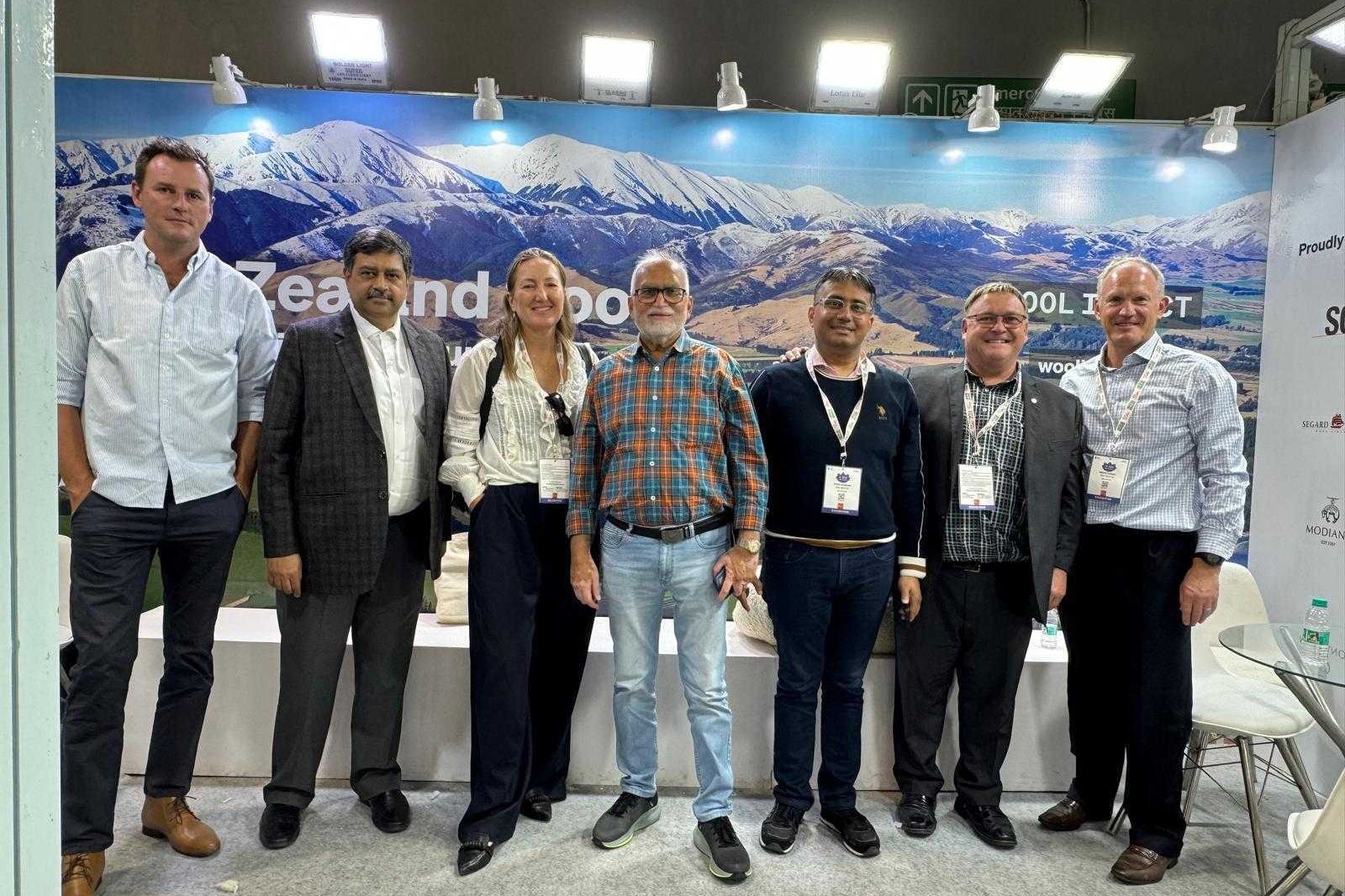Matata, Bay of Plenty, farmer Paul Burt has a preference for books over the little screens.
I’ve been thinking about splashing out on one of those small, new, portable telephones. Mind you, I’m not convinced I want to live so dangerously just yet. I readily acknowledge I’m a slow adopter but there is something oddly appealing about holding out against fashion and technology. The boss of Apple tells me selling new iPhones for $1200 is akin to milking sheep.
The camera on such phones would be handy though, you can photograph anything and send it anywhere in a blink. However, I might just wait until they perfect the shutter control, because there are many recorded cases of malfunction.
You think the phone is harmlessly in your pocket but the thing goes off and takes a photo of your wedding tackle and sends it to whoever, whether they are interested or not. There is a theory that this activity is deliberate, providing advertising for the mating game but it is open to abuse. Overuse of Photoshop will only lead to rejection and disappointment when the truth is revealed.
Phones have no respect for privacy and they promote very poor manners. Those little AI chips that inhabit your phone (even if they have cute names like Siri) are always listening, recording and manipulating. They promote addiction as surely as a class A drug and turn their users into self-absorbed junkies, who shun conversation for screens and keys.
I choose books over screens but I was instructed by my mother at an early age not to read at the table because it was antisocial. I would be no better than your average phone-aholic who can sit in a group, turn on their phone, and rudely cease interaction. In my defence there is one difference, the best books offer much more value and far less trifle than your average “this is what I had for breakfast” electronic traffic. You could of course use your screen to read such a book.
My book of the moment is Sapiens…a Brief History of Humankind by Yuval Harari, a Doctor of History from Oxford University. It is one of the most enlightening books I have read and offers a fascinating look at the factors that have shaped us into the 8 billion-member, mutual opportunity, human cooperative we are now part of.
The explanations of Sapiens development are at the same time logically bound by our biology but seem to result in almost random outcomes. Natural selection no longer applies. Once Sapiens emerged as the dominant species of early humans, small groups of us remained as hunter gatherers for about 70,000 years with little change. That period ended with the first of three significant revolutions, the cognitive, the agricultural and the scientific. They could only have happened in sequence and the effects of each in turn have been more rapid, more dramatic, and have had a progressively greater impact on how we all live.
The scientific revolution has brought us closer to rapid precipitous change than at any time in our past and not just ecological change. Science (think gene editing and artificial intelligence) has given us the ability to potentially redevelop all that we acknowledge as human. An ability that in the eyes of our forebears would have elevated us to godlike status.
You might say that’s not me, an ordinary citizen, that’s the greed of the unscrupulous capitalists who for the sake of profit, drive the economic engine which funds all human activity including science. Harari explains that when growth becomes a supreme good, unrestricted by any other ethical consideration it can easily lead to catastrophe. “A lot of evidence indicates we are destroying the foundations of human prosperity in an orgy of reckless consumption”.
That’s the point that “blamers” (and New Zealand has its share) miss. Farmers are an easy target. Those who produce food or even fuel and shelter shouldn’t be victimised when the creators of consumer non-essentials (the crap that we want and buy but don’t need) escape condemnation.
I would guess that if every New Zealander cut consumption by 10% we would meet our environmental liabilities in one blow. The problem is the politicians would not agree because it will slow economic growth and they won’t be re-elected. The public won’t accept it because we are addicted to excess. I’m afraid we are destined to carry on as we are so you might as well grab your book or your phone (if you think you can trust it) find a shady tree and relax.




